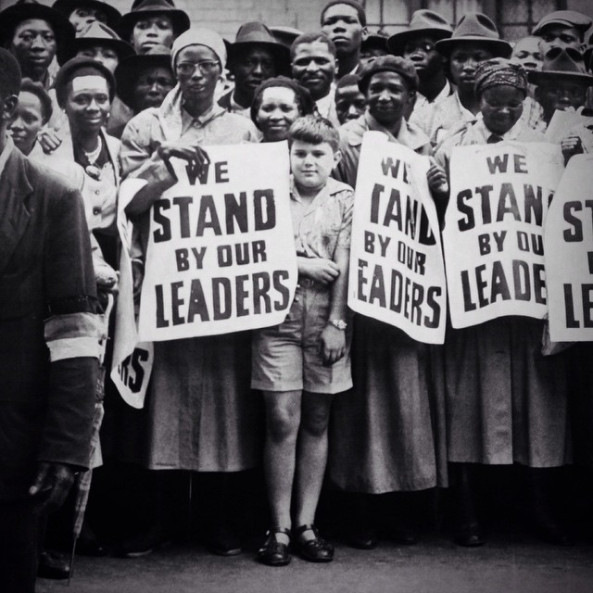Intersex South Africa (ISSA) is an organization founded in 2010 by late activist Sally Gross.
Published September 2, 2019Updated September 2, 2019
Intersex South Africa (ISSA) is an organization founded in 2010 by late activist Sally Gross.
Julia Nicol worked actively as an anti-apartheid activist in the late 1980s and early 90s, particularly concerned with the anti-discrimination rights for LGBTQI+ (lesbian, gay, bisexual, transexual, queer, and intersex) people.
Kewpie was a hairdresser and iconic queer figure from District Six. A gender fluid individual who identified by female pronouns, Kewpie was a seminal nightlife figure who organized balls and celebrations uniting the LGBTQI+ (Lesbian, Gay, Bisexual, Transexual, Queer, Intersex) community with the larger community of District Six.
Born on August 22, 1953 in Wynberg, Cape Town, Sally Gross is one of the most challenging and important figures in our country’s history.
Gross was born intersex and classified male at birth. She was raised as a boy named Selwyn. Despite it being protocol, there was no attempt to “correct” Gross’s sex at birth, a choice that highlighted the struggles and discrimination faced by Gross as an intersex individual, instigating a lifetime of activism and an essential inquiry into the treatment of the intersex community in South Africa.
Eudy Simelane was born on 11 March 1977 in KwaThema, Springs, Transvaal (Gauteng). An active LGBTQI+ activist, she was one of the first women to live as openly lesbian in KwaThema.
Simelane was a successful soccer player and received national recognition for her talent on the field. She played as a midfielder for her local Springs Home Sweepers team, as well as for the South African woman’s national soccer team (Banyana Banyana) and used her status as a local soccer celebrity to further her LGBTQI+ activism.




